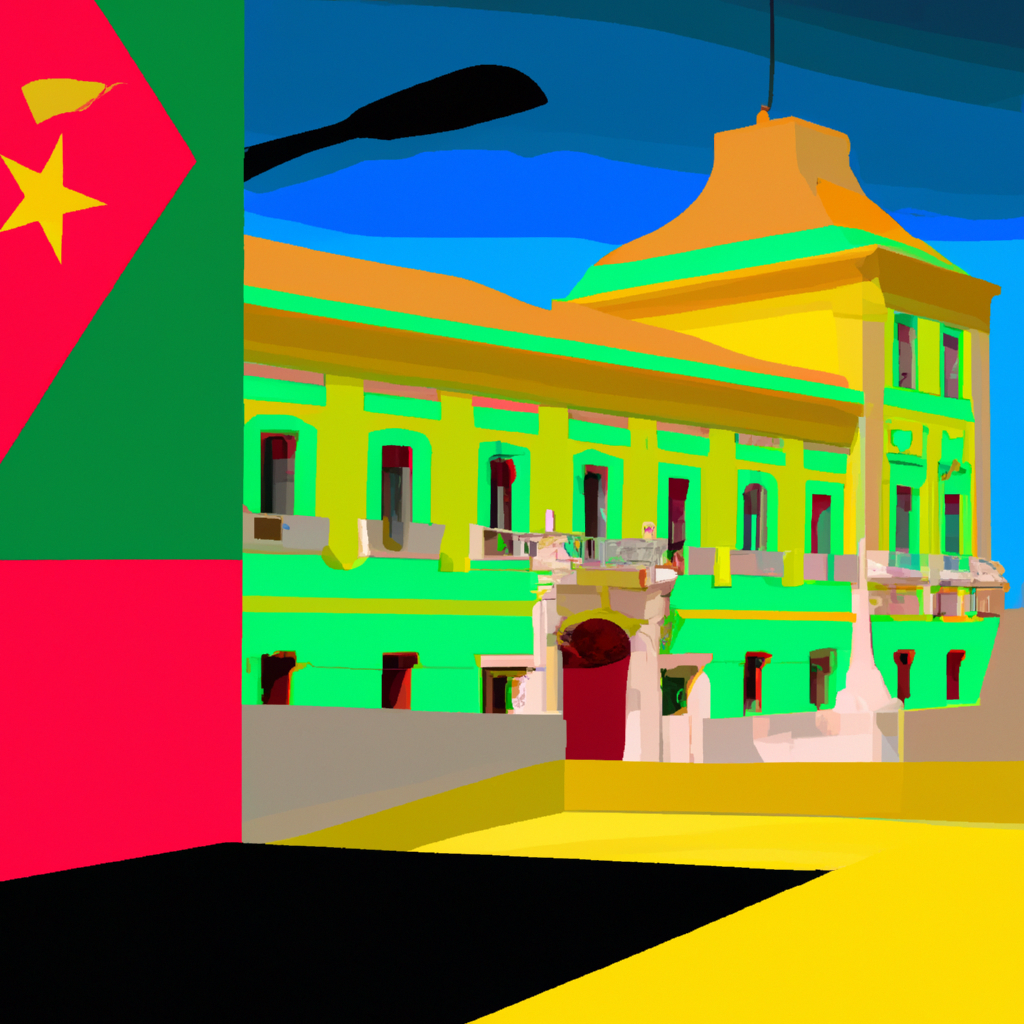Dear Blanca,
I’m struggling to decide if I should invest in Portugal real estate or not, and while pondering this deep question I got to wondering, is Portugal a centralized government? Perhaps knowing the answer to this perplexing question can help me determine whether or not to take the plunge!
Sincerely,
Roger from Richmond.
Dear Roger,
Thank you for your question about the government of Portugal! As a Lisbon resident and Portuguese resident who knows quite a bit about the country and its nuances, I am here to answer your query.
Although the country of Portugal is a de jure unitary and decentralized state, there are multiple power centers that shape its governmental system. Portugal is a multi-party semi-presidential representative democratic republic which means that the political powers rest with the Prime Minister and President of Portugal. The Republic was formed in 1910 when then-King Manuel II’s overthrow, and since then the country has had three tiers of administrative divisions – all of which remain centralized in terms of spending responsibilities.
Despite the decentralized system, the government structure is reserved for locals who live in the nation, as the country’s monarchy historically controlled the way it moves and operates. This includes setting norms for the native population and how they were to live, and even enslaving those who refused to convert to their faith.
To answer your question – yes, Portugal is a centralized government. Though there are multiple power centers that dictate how the country is run, all of them stem from a centralizing power at the top. These include:
• A Monetary Authority: The Bank of Portugal is the government’s central banking institution, responsible for setting monetary policy and supervising other financial institutions.
• Legislative Body: The Portuguese parliament, or the Assembly of the Republic is the country’s legislative representative body, responsible for making laws and governing.
• Executive Body: The Prime Minister and President of Portugal are the country’s two heads of state, both of whom are elected officials and serve five-year terms.
I hope this answer helps and that you find the right path for your investment goals!
Warm regards and thanks for writing in,
Blanca Valbuena

